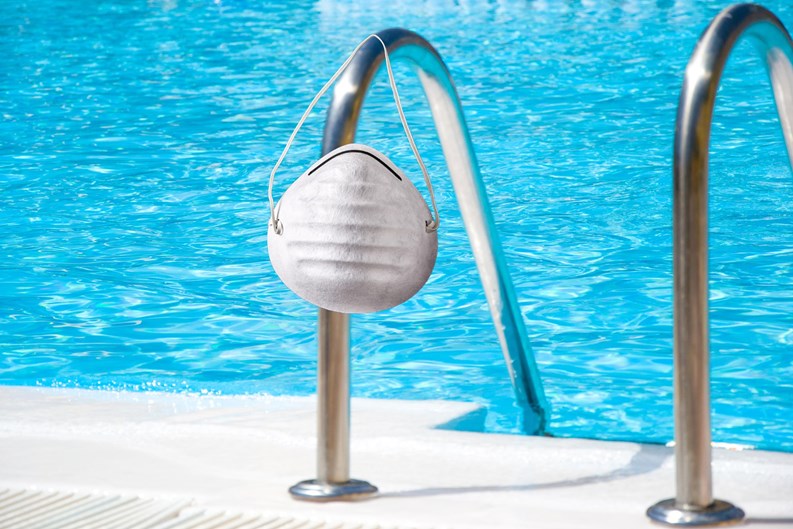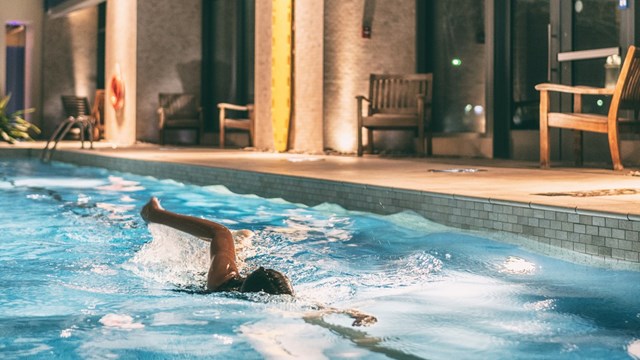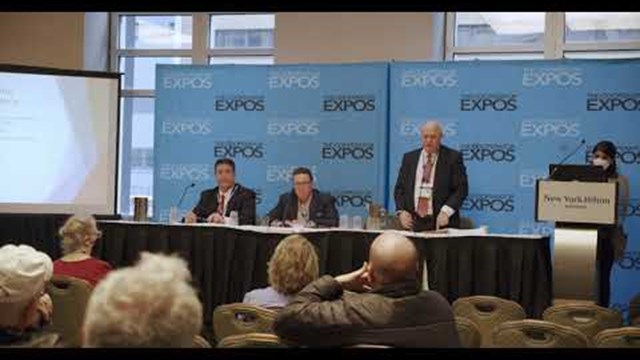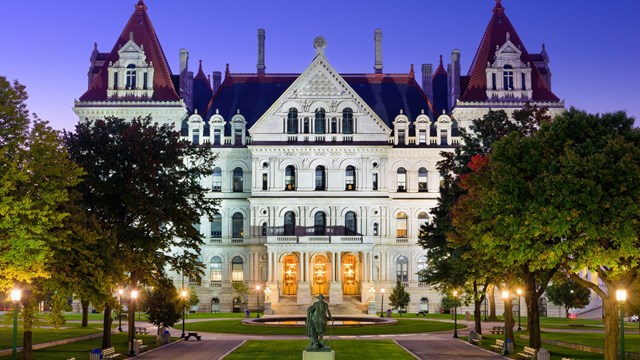In a posting on legal pros website Lexology, New York law firm Cozen O’Connor advises co-ops and condos to keep their gyms and pools closed for the time being, both to prevent the spread of coronavirus and to avoid liability and violations.
“As New York City begins to open up,” Cozen attorney Leni Morrison Cummins tells The Cooperator, “boards are frequently asking us for guidance on whether they should open their most coveted amenities—gyms and pools. In many cases, residents are pushing boards to open quickly; however, opening now will open boards up to steep fines from the city. Therefore, boards need to do a risk benefit analysis before making a decision, weighing the desires of the residents against the potential fines from NYC.”
Cummins and co-author Jennifer Miller note that the city’s public pools and gyms remain closed by executive order, but that such orders are silent on whether the continued closures pertain to the fitness centers and aquatic amenities that exist in many of New York’s multifamily buildings and communities.
The attorneys indicate that Governor Andrew Cuomo tasked the Empire State Development Corporation (ESD) with providing guidance to businesses on the implications of the executive orders and other state legislation. ESD advised the attorneys that gyms and other common exercise and fitness facilities within private residential settings are still ordered to remain closed. While the ESD’s guidance on private pools is still forthcoming, Cummins and Miller recommend keeping pools closed until further clarification is provided, to avoid the issuance of fines and other violations.
Start Planning Now
In anticipation of further guidance, and with the knowledge that orders and restrictions are likely to change over time, the lawyers advise boards of co-ops and condos to start considering the protocols they will put in place when they do reopen these and other common facilities. They indicate that current city restrictions limit gatherings to 10 people or fewer, and that social distancing guidelines require at least six feet of distance between people. These and other limitations might compel boards to reconfigure or remove equipment and furniture, instigate sign-up or reservation mechanisms for use of rooms or equipment, enhance cleaning and sanitation practices and schedules for these areas, or all of the above.
Cummins and Miller offer an example recommendation of a sign-up sheet on BuildingLink or other web portal that includes a health screen and a waiver. This could help ensure that the room or facility conforms to capacity limits while also mitigating certain liability concerns. To comply with Governor Cuomo’s Executive Orders, boards should also require that residents wear face coverings in these common areas, say the attorneys.
The Cozen attorneys also recommend that boards incorporate the protocols issued by the State of New York in its Interim Guidance for Pools and Recreational Aquatic Spray Grounds During the COVID-19 Public Health Emergency for when they do reopen such facilities. These include:
Ensuring that all individuals maintain a distance of at least six feet from other individuals at all times, unless they are members of the same household or family unit, or safety or the core activity requires a shorter distance
However, any time individuals are within six feet of individuals outside of their household or family unit and not in the water, they must wear an acceptable face covering that covers both the nose and mouth. Individuals must be prepared to don a face covering if another person unexpectedly comes within six feet.
For health and safety concerns, ensuring face coverings are not worn by individuals while they are in the water
Limiting the maximum size of any single group of people on the premise or in the water to 10 or fewer individuals; however, there may be more than one group on premise or in water so long as they are able to be separated by at least six feet
Occupancy of the premise and pool should be limited to the number of individuals and groups who can be safely and appropriately spaced such that each individual and group is at least six feet away from others.
Ensuring different groups of people are separated by at least six feet on the premise or in the water, to the extent possible
However, if physical barriers are used to separate groups of individuals, they must not present a health or safety risk by obstructing supervision or impairing air flow, heating, cooling, or ventilation.
Providing supplies for proper hand and respiratory hygiene, including soap, running water, and disposable paper towels; alcohol-based hand sanitizer containing at least 60% alcohol for areas where hand-washing facilities may not be available or practical; and tissues and trash receptacles
Enhancing cleaning and disinfection protocols, in compliance with all cleaning and disinfection procedures from New York State Department of Health (NYSDOH), particularly cleaning and disinfection of high-touch areas, including railings, lockers, and chairs, and maintaining logs on site that document date, time, and scope of cleaning and disinfection
Affixing social distancing markers using tape or signs that denote six feet of spacing in commonly used and other applicable areas on the site (e.g,. entrances, exits)
Posting signage throughout the premises to remind individuals to:
Stay home if they have symptoms of COVID-19, have tested positive for COVID-19 within the last 14 days, or were exposed through close contact to someone with COVID-19 within the last 14 days
Encourage proper hand and respiratory hygiene
Adhere to social distancing rules
Wear appropriate use of face coverings
Abide by cleaning and disinfecting protocols










Leave a Comment